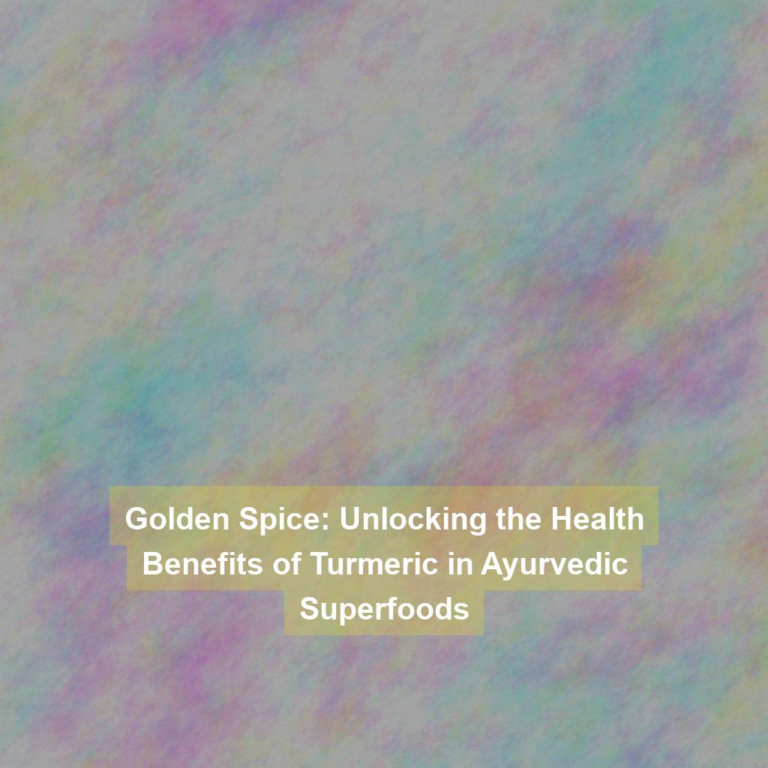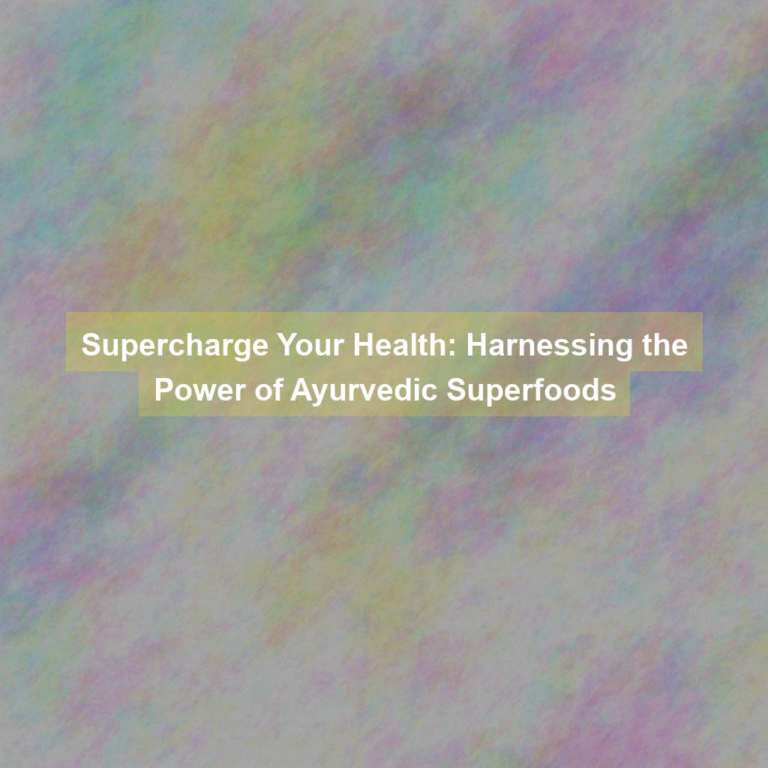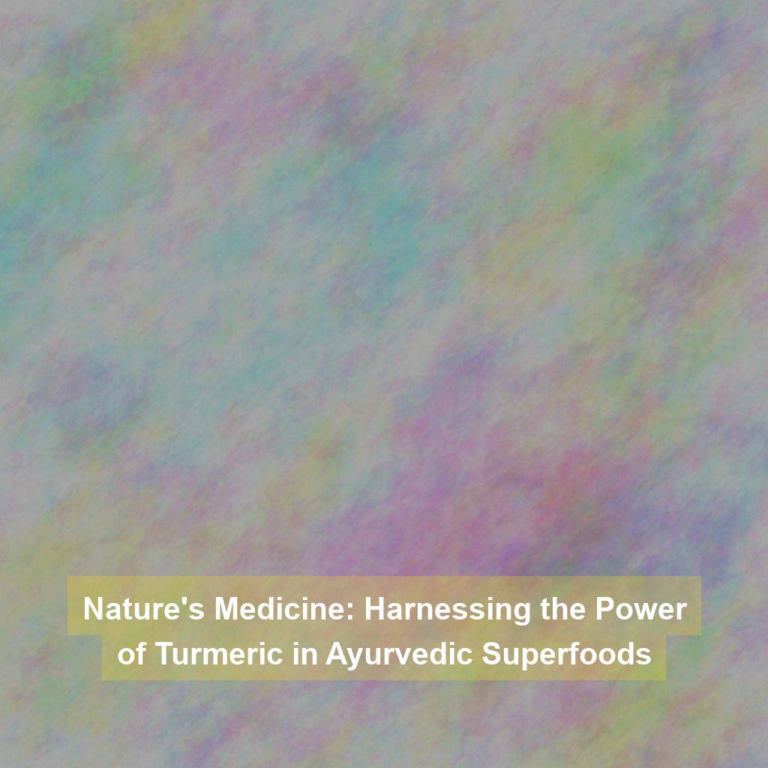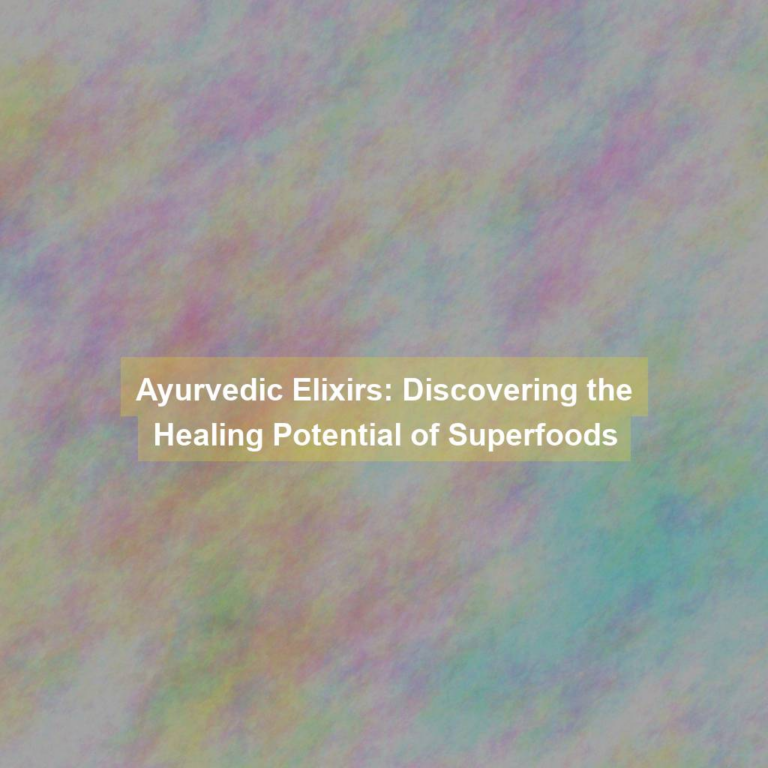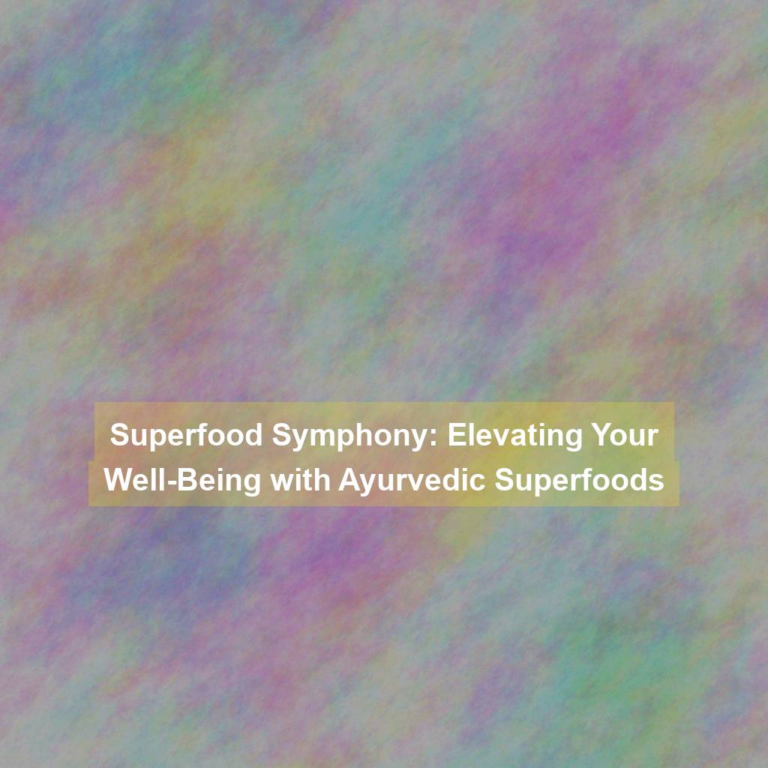You’ve probably heard the saying ‘you are what you eat,’ but what if what you eat could also heal you? Enter ghee, an ancient Ayurvedic superfood that has been revered for its healing properties for centuries.
From its origins in ancient India to its modern-day uses, ghee has captured the attention of health enthusiasts and researchers alike. But what exactly are the healing properties of this liquid gold, and how can it be incorporated into a balanced lifestyle?
Let’s explore the fascinating world of ghee in Ayurvedic superfoods and uncover its potential to promote overall well-being.
Ancient Origins of Ghee
The ancient origins of ghee can be traced back to the Indian subcontinent, where it has been an integral part of traditional cooking and Ayurvedic medicine for centuries. Ghee, also known as clarified butter, holds a revered place in Indian culture and cuisine. Its roots can be found in ancient Indian scriptures like the Vedas, where it’s described as a symbol of nourishment and purity.
The process of making ghee involves simmering butter until the milk solids separate from the golden liquid, resulting in a rich, nutty flavor. This method of clarifying butter is believed to have originated in India, where the climate necessitated a method to preserve butter without refrigeration. Beyond its culinary uses, ghee holds a central role in Ayurveda, the traditional Indian system of medicine. It’s believed to have numerous health benefits, from improving digestion to promoting overall well-being.
Through the ages, ghee hasn’t only been a staple ingredient in Indian households but also a symbol of prosperity, health, and spiritual nourishment. Its ancient origins and enduring significance make ghee a truly timeless and cherished component of Indian culture.
Nutritional Benefits of Ghee
After uncovering the ancient origins of ghee, let’s now explore its nutritional benefits. Ghee, a form of clarified butter used in Ayurvedic medicine, is rich in fat-soluble vitamins such as A, D, E, and K. These vitamins play crucial roles in maintaining healthy skin, boosting the immune system, and supporting bone health. Ghee also contains medium and short-chain fatty acids, which are readily absorbed and used as a source of energy by the body.
Furthermore, ghee is a good source of conjugated linoleic acid (CLA), a type of fatty acid with potential anti-inflammatory and weight management properties. It also contains butyric acid, known for its anti-inflammatory and digestive health benefits. Moreover, ghee is virtually free of lactose and casein, making it a suitable option for individuals with dairy sensitivities.
In addition, ghee is prized for its high smoke point, making it a stable cooking fat that doesn’t break down into harmful free radicals when heated. This makes it a healthier choice compared to many vegetable oils. When consumed in moderation as part of a balanced diet, ghee can offer a range of nutritional benefits that contribute to overall well-being.
Healing Properties of Ghee
Rich in antioxidants and anti-inflammatory compounds, ghee offers a range of healing properties that can benefit your overall health and well-being. Ghee contains butyric acid, a short-chain fatty acid that supports digestive health by nourishing the cells of the intestines and reducing inflammation in the digestive tract. This can help alleviate symptoms of conditions like irritable bowel syndrome and Crohn’s disease.
Additionally, the high concentration of fat-soluble vitamins in ghee, such as vitamins A, E, and D, supports immune function and can aid in the healing of tissues throughout the body.
Moreover, ghee possesses antimicrobial properties that can help fight off harmful bacteria and fungi in the body. This can be particularly beneficial for maintaining a healthy balance of microflora in the gut. The presence of conjugated linoleic acid (CLA) in ghee has been linked to potential anti-cancer properties, although more research is needed in this area.
Furthermore, ghee’s ability to promote the absorption of nutrients from other foods can enhance the overall healing potential of your diet. Incorporating ghee into your cooking and daily routine may contribute to the promotion of healing and well-being.
Modern-Day Uses of Ghee
Incorporate ghee into your daily cooking and meals to experience its versatile and health-promoting benefits in modern-day living. Replace butter or oil with ghee for a richer flavor in your dishes. Ghee’s high smoke point makes it ideal for saut+?ing, frying, and baking, adding a delicious nutty taste to your favorite recipes. Use it as a spread on toast or drizzle over popcorn for a decadent treat.
Ghee’s nutritional properties make it a popular choice for those following specific diets, such as keto or paleo. Its high concentration of healthy fats and absence of lactose and casein make it suitable for individuals with dairy sensitivities. Ghee is also believed to aid in digestion and promote gut health, making it a valuable addition to modern dietary practices.
In addition to its culinary uses, ghee has gained popularity in skincare and beauty routines. Its moisturizing and nourishing properties make it an excellent natural moisturizer for dry skin and a conditioning treatment for hair. Incorporating ghee into your modern lifestyle offers a myriad of benefits, from enhancing the flavor of your meals to promoting overall well-being.
Ghee in Ayurvedic Medicine
When considering the role of ghee in Ayurvedic medicine, it offers a range of benefits for overall well-being and health. Ghee, known as ‘ghrita’ in Ayurveda, is considered a vital ingredient for promoting physical and mental wellness. It’s believed to balance the mind and body’s doshas, particularly Vata and Pitta.
Ghee is renowned for its ability to lubricate the connective tissues and promote flexibility in the body, making it an essential component in various Ayurvedic treatments such as Panchakarma, a detoxification therapy. Additionally, ghee is often used as a carrier for the absorption of medicinal herbs in Ayurvedic preparations, enhancing their therapeutic effects.
This ancient superfood is also valued for its ability to support digestive health by strengthening agni, the digestive fire, and promoting the assimilation of nutrients. Furthermore, ghee is utilized in Ayurvedic rituals and practices to promote mental clarity, enhance memory, and support overall cognitive function. Its multifaceted role in Ayurvedic medicine underscores its significance in promoting holistic well-being.
Conclusion
So, next time you’re looking for a natural superfood with healing properties, consider adding ghee to your diet.
Its ancient origins, nutritional benefits, and use in Ayurvedic medicine make it a versatile and valuable addition to your health routine.
Whether you use it for cooking, as a spread, or in holistic healing practices, ghee truly is liquid gold when it comes to promoting overall well-being.


